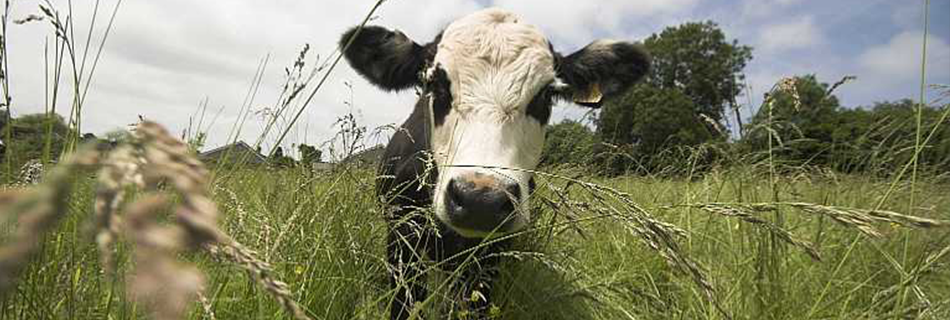Better Food’s environmental policy: why we sell meat, fish and dairy

Better Food is a business on a mission: to cultivate and grow an organic, local and ethical food community, creating a better, fairer world for everyone.
We believe this is important because of the many crises facing our blue planet – from climate change to soil degradation to food democracy.
One issue that comes up with increasing frequency is about our continued decision to sell animal products. It’s complex, so worth unpacking and explaining.
We agree with Chris Packham:
‘Thinking about eating no, less or better-quality meat or dairy needs to be on our agenda.
As does a better understanding of the way modern farming practices are shaping our world and
how we can work together with farmers to improve these for everything and everyone’s benefit.’
plantbasednews.org, January 2019
Organic is our business
Since we opened our doors over 25 years ago, we’ve sold organic and agro-ecologically farmed meat, fish and dairy.
Organic farming integrates a range of practices and disciplines into one holistic system that focusses on working in harmony with nature and protecting the soil on which we rely for farming. It does this by avoiding potentially harmful synthetic fertilisers, pesticides and herbicides and by adapting to local conditions and biodiversity.
Animal husbandry is a central part of the organic farming system of rotation and regeneration, which also includes the production of grains, legumes and roots and builds in recovery time, crucial to keep the soil nitrogen-rich, fertile and productive.
The meat and dairy we sell has Soil Association organic certification. Soil Association Certification operate a rigorous process which is robustly controlled and audited. Animals on organic farms are never part of intensive or industrial farming systems, as this isn’t a practice that is allowed in the standards.
See www.soilassociation.org and www.ifoam.bio for details about organic farming.
Why do we sell meat and dairy?
Rearing animals for food is a big responsibility, and when we choose our suppliers, we look for farmers who are careful, compassionate and above all have respect for the animals they rear. We do actually get our wellies on and visit the farms we are supplied by.
Better Food are happy to continue to sell meat and dairy that is produced to these standards, giving our customers important and valued access to meat and dairy products we can all have faith in. We generally advocate an eat-less-but-better-meat approach, and sell many plant-based products to support this. We’re not convinced that a food system based exclusively on vegan food is an environmentally-sound and healthy option for all.
This report eatforum.org/eat-lancet-commission/ entitled ‘Can we feed a future population of 10 billion people a healthy diet within planetary boundaries?’ (published in January 2019) looks at global food diets and makes science-based recommendations.
This article (https://www.theguardian.com/global-development/2016/aug/16/veganism-not-key-sustainable-development-natural-resources-jimmy-smith) makes some interesting points about the challenges of creating sustainable food systems globally, and links to this pdf
(http://www.livestockglobalalliance.org/wp-content/uploads/2016/05/LGA-Livestock-for-SDGs.pdf), which looks at farming systems in the context of climate change.
What do we mean by ethical?
The word ‘ethical’ means different things in different contexts. It may mean being vegan, or not selling drugs, or watching out for medical malpractice or discrimination … To us, it means being fair and stringent in our sourcing policy, and actively making sure our business gives people an alternative to crippling inequalities in the food system. It also means looking at things like packaging, plastic, waste management etc.
Most of all, we want our customers to be able to make their own choices, freely and without judgement. We acknowledge the positive impact a plant-based diet can have on the environment. It’s part of the solution to an incredibly complex problem. We’re on a journey of discovery, as with so many other 21st century environmental and societal issues. We look forward to keeping the debate open and respectful.
